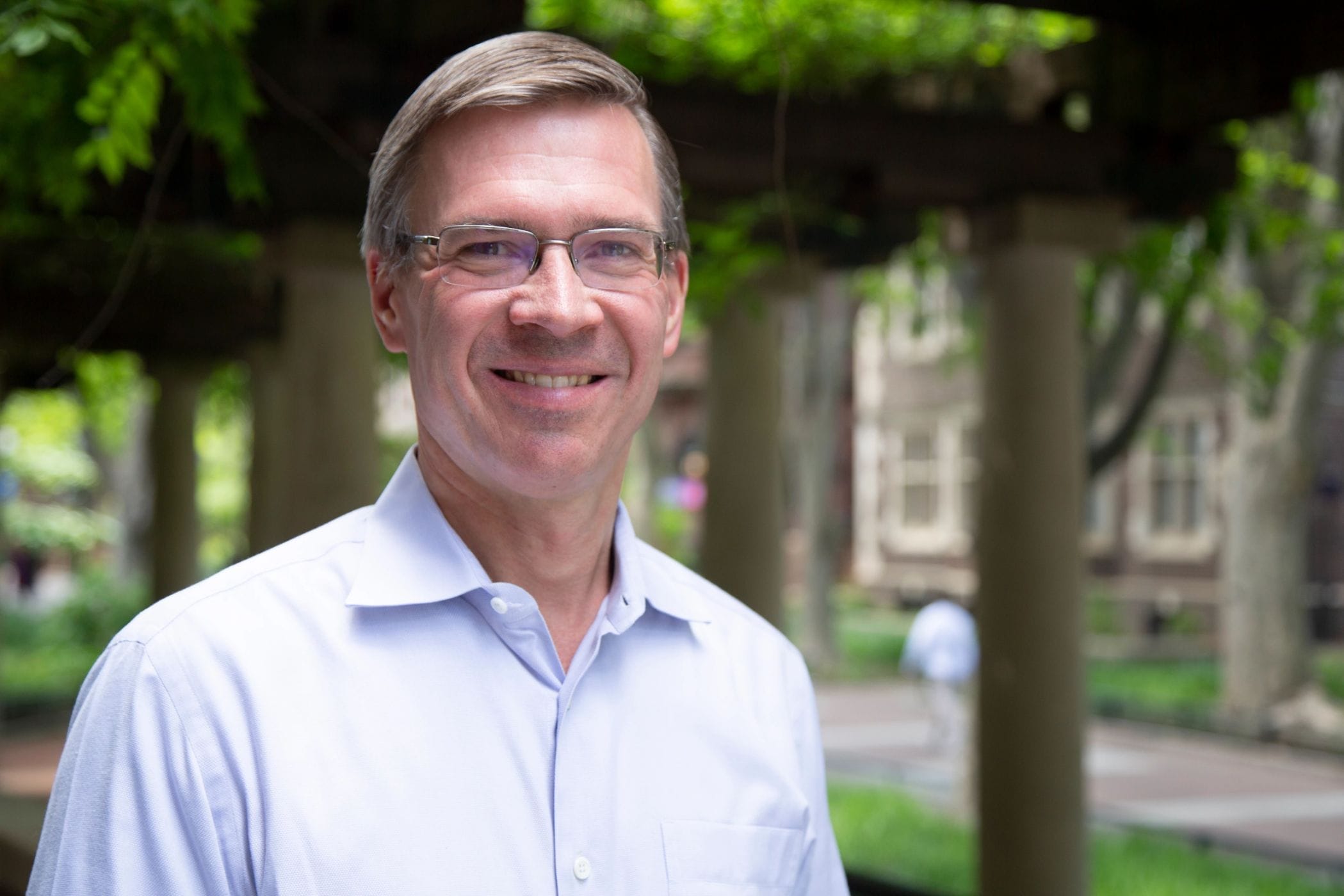With interest in ESG exploding around the world, Wharton unveiled its new Environmental, Social, and Governance Initiative in July, with Witold Henisz, Deloitte & Touche Professor of Management, as its vice dean and faculty director. And in September, the School announced it will launch an ESG major and concentration. “The breadth and scope of what we’re doing is really exciting,” says Henisz, explaining that the initiative taps into the expertise of dozens of faculty members across all departments and unifies several labs and research centers under seven faculty leaders. “The School is putting so many resources behind the initiative that, combined with the energy of our students and the engagement of our alumni, will ensure that Wharton remains a leader in this rapidly evolving space.”
Wharton already has a collection of courses focused on ESG topics — diversity, impact investing, and corporate diplomacy, among others — but even more offerings will be added this fall. Students are anxious to learn: 92 percent of S&P 500 companies reported ESG metrics in 2020, and hundreds of thousands of ESG consulting jobs are forecasted to be added over the next five years, which means there’s a new need to be knowledgeable in identifying environmental and social issues and impact. And a growing percentage of student ventures have been baking ESG into their business plans.
“ESG factors were not historically recognized in terms of their strategic financial importance,” says Henisz, adding that there is a growing effort to close that gap. That could mean, for example, understanding the financial consequences of human rights violations in a supply chain, or the implications of climate change risks. Once these types of questions are answered, valuations and strategies can be adjusted accordingly. Students will learn skill sets that are increasingly in demand through co-curricular experiences in finance and consulting. The ESG Initiative, for example, will expand the Wharton Impact Venture Associates program, which gives Penn students hands-on opportunities to learn the art of valuating companies — specifically, ones that promise meaningful impact — and then connect them with potential investors. And with new tracks being added (think: environmental impact ventures), even more students will be accepted into the program.
The ESG Initiative will bring together several resources, including the Climate Center, the Impact Investing Research Lab, the Political Risk and Identity Lab, and the Zicklin Center for Governance and Business Ethics. Additionally, Wharton’s ESG Analytics Lab will start several new partnerships this year and continue to conduct research across various industries, whether that’s assessing how to hold firms accountable for their climate commitments or understanding how high-net-worth individuals assess their own ESG investments.
This heightened focus on ESG education aligns with Joseph Wharton’s original mission for the School: to teach how to build a better business and a better society. And as with other Wharton initiatives, alumni will play a key role in building out this program. Bobby Turner W84 and Lauren Golub Turner W85 have been instrumental in social impact programming, from funding the impact investing training program to recruiting high-profile investors in sustainability for the Turner ESG Speaker Series. Meanwhile, the late John M. Bendheim W40 and his son, Tom Bendheim G90 WG90, have supported more than 110 Wharton MBA graduates pursuing social impact careers through their Loan Forgiveness Fund.
As each Wharton class graduates and goes out into the world, the students become the teachers. “We’re learning from what they’re doing,” says Henisz, adding that he’s written cases on alumni, including how Julia Fish WG18 and Amy Wilson WG21 rolled out ESG at the Philadelphia-based Glenmede Investment Management. Says Henisz: “We want to connect the next generation of ESG integrators, which are our students, with the current frontier of ESG integration, which is often our alumni.”
Published as “All Eyes on ESG” in the Fall/Winter 2022 issue of Wharton Magazine.

























